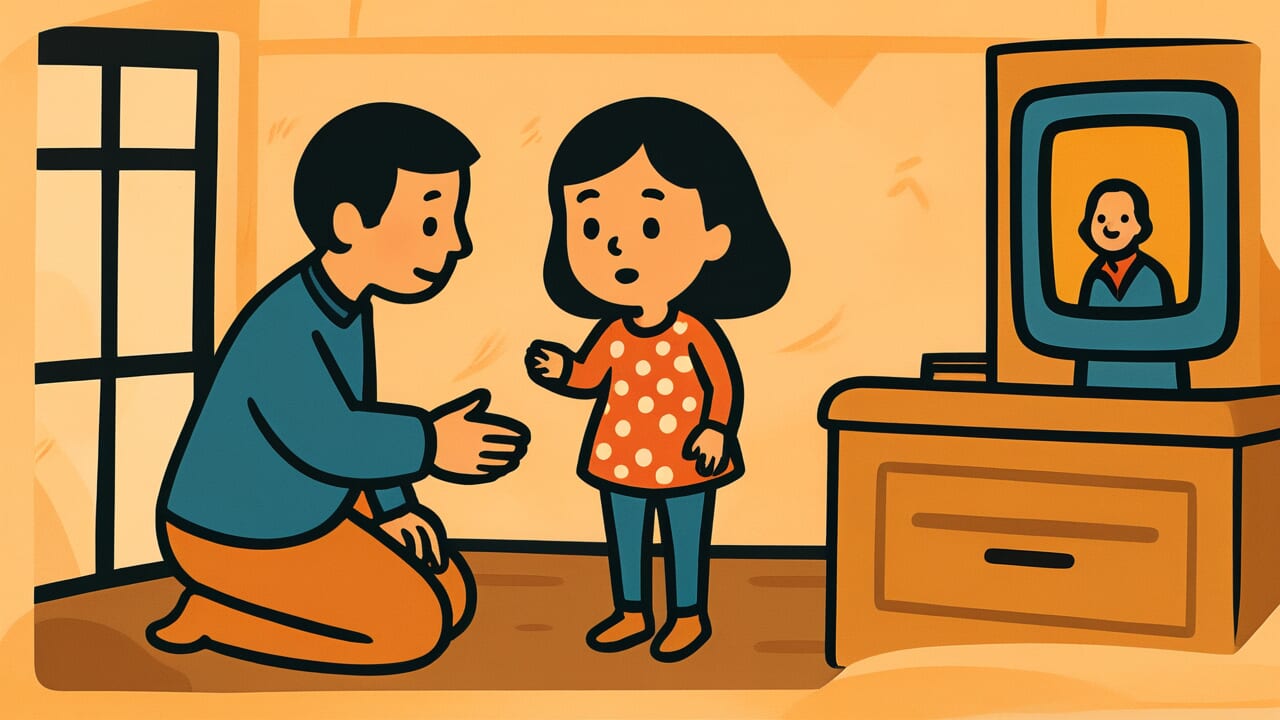How to Read “When the family is poor, the filial child becomes apparent”
いえまずしくしてこうしあらわる
Meaning of “When the family is poor, the filial child becomes apparent”
This proverb means that devoted children reveal themselves in poor families. In wealthy environments, parents’ sacrifices are hard to see. Children tend to take what they receive for granted.
But in poor families, things are different. Children clearly see their parents working desperately hard. They watch parents give their own food to the children first. These daily struggles become visible and real.
People use this expression when talking about how hardship builds character. It also points out that material wealth doesn’t guarantee good character. Today, people sometimes quote it when discussing how privileged children struggle to feel grateful.
The proverb contains a deep insight about human nature. Difficult situations can actually bring out the most beautiful qualities in people.
Origin and Etymology
This proverb likely comes from ancient Chinese classics. It reached Japan as part of Confucian philosophy.
Confucianism placed filial piety among the highest virtues. But what’s interesting is that this proverb doesn’t just praise devotion to parents. It specifically mentions poverty as a condition.
Why does it say filial children appear in poor families, not wealthy ones?
The answer lies in deep observation of human nature. In wealthy families, children accept their parents’ care as normal. But in poor families, children can see their parents struggling to raise them. They notice the sweat on their parents’ foreheads and their tired backs. They see parents working hard despite exhaustion.
In poor families, children often start working early to help support the household. This experience helps them understand and appreciate their parents’ struggles. The proverb reflects the belief that difficult situations bring out true virtue in people.
Usage Examples
- That family was never wealthy, but “when the family is poor, the filial child becomes apparent”—their son really took excellent care of his parents
- Watching her devoted caregiving reminds me of the saying “when the family is poor, the filial child becomes apparent”
Universal Wisdom
This proverb teaches that character develops more through hardship than comfort. Why do humans work this way?
The answer is that struggle becomes visible. In wealth, parents’ efforts stay hidden. Money erases traces of hardship and makes everything run smoothly. Children grow up thinking “this is normal.”
But in poverty, every parental action carries weight. A parent giving more food to the child, a parent coming home exhausted from late-night work—these all send a clear message: “This is for you.”
There’s an even deeper truth here. People bond more through shared struggle than through receiving gifts. Poor children can’t just be passive recipients. Even young, they try to contribute as family members. This experience of “fighting together” builds deep gratitude and love.
The proverb captures wisdom humanity has learned over thousands of years. Material wealth and spiritual wealth are different things. True character shows not in comfort, but in how we face difficulties.
When AI Hears This
In wealthy families, you can’t tell if a child’s kindness is genuine devotion or calculated inheritance planning. Information theory calls this a “high-noise state.” Too much extra information—the wealth—buries the pure signal.
But caring for parents in a poor family has almost no selfish motive possible. When someone helps parents with nothing to gain, that action becomes a “pure signal with no noise.” The signal-to-noise ratio is extremely high.
For example, caregiving in a family with 100 million yen versus caregiving in a family with only debt—the latter has much higher probability of being genuine.
What’s more interesting is that this detectability matters to observers too. Signaling theory shows that costly actions are harder to fake and make more reliable signals. Filial piety under poverty costs more financially and emotionally, so it naturally filters out fakers.
Difficult environments work as the best test for separating real from fake.
Lessons for Today
This proverb teaches that gratitude doesn’t develop automatically. In our materially comfortable modern society, we must consciously try to see invisible efforts.
Do you really see the efforts of people around you? When your parents come home tired from work, do you notice the “for my family” feeling behind that exhaustion? We easily forget that someone works and supports us behind our convenient lives.
The proverb teaches that we need to consciously cultivate gratitude amid abundance. This means more than just saying “thank you.” It means putting yourself in others’ shoes, imagining their struggles, and looking for ways to help.
If you’re facing difficulties, remember they’re also opportunities to develop character. In hard times, you see people’s kindness more clearly and feel deeper gratitude. That experience becomes a treasure in your life.
Whether in abundance or hardship, what matters most is keeping an aware heart.



Comments